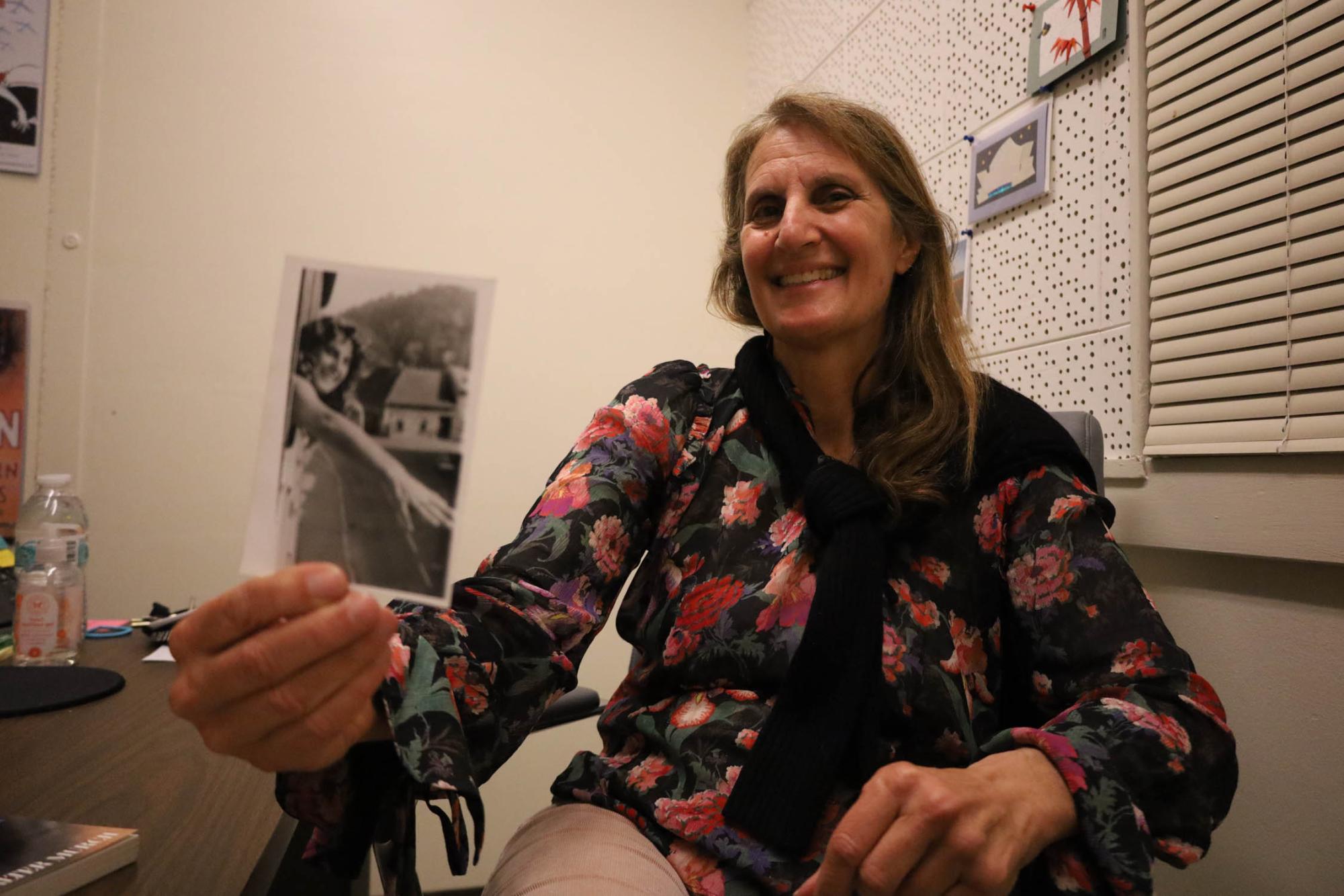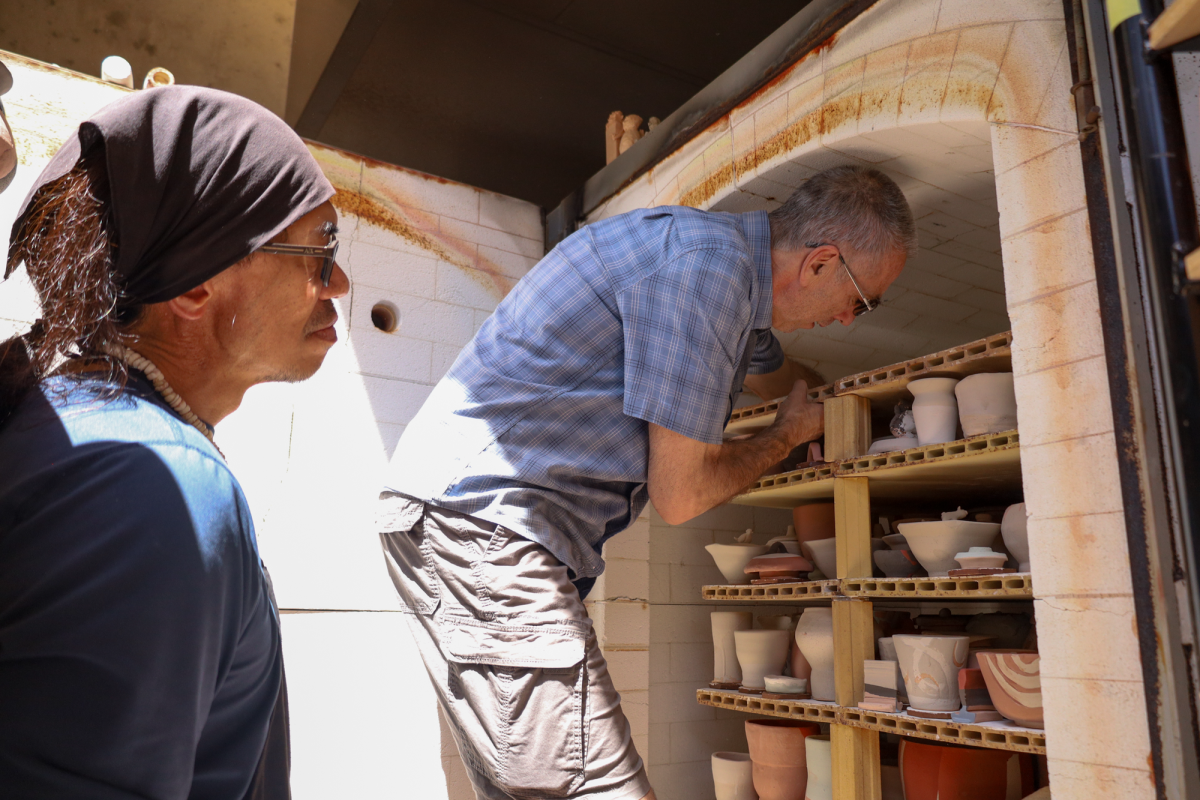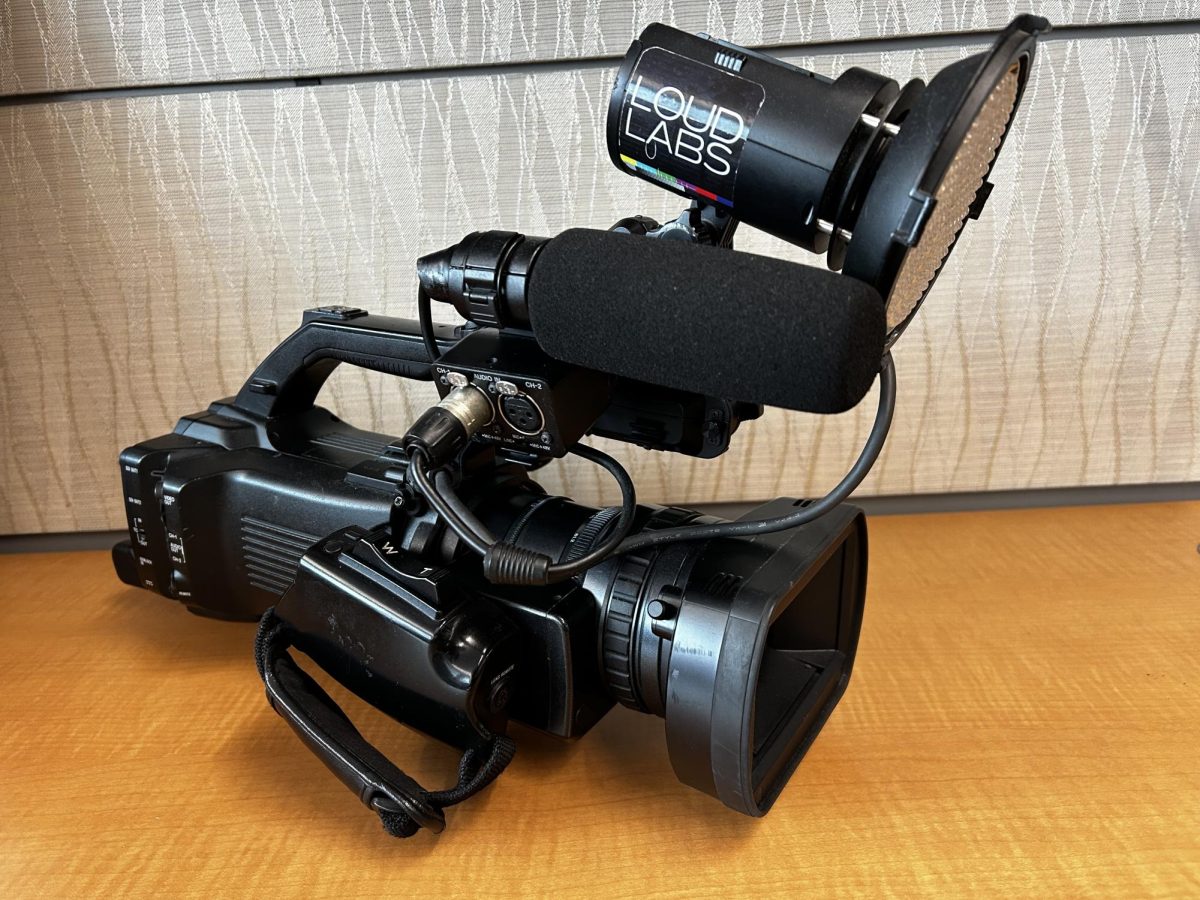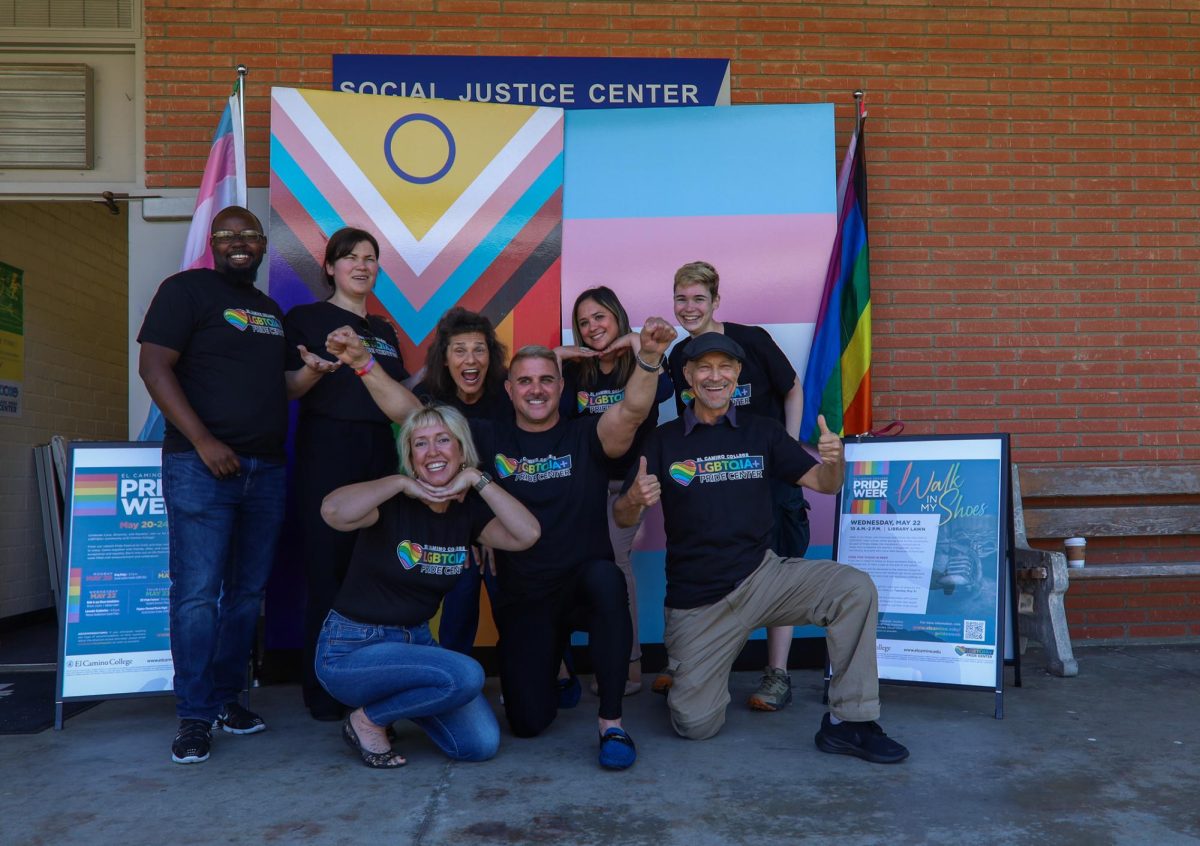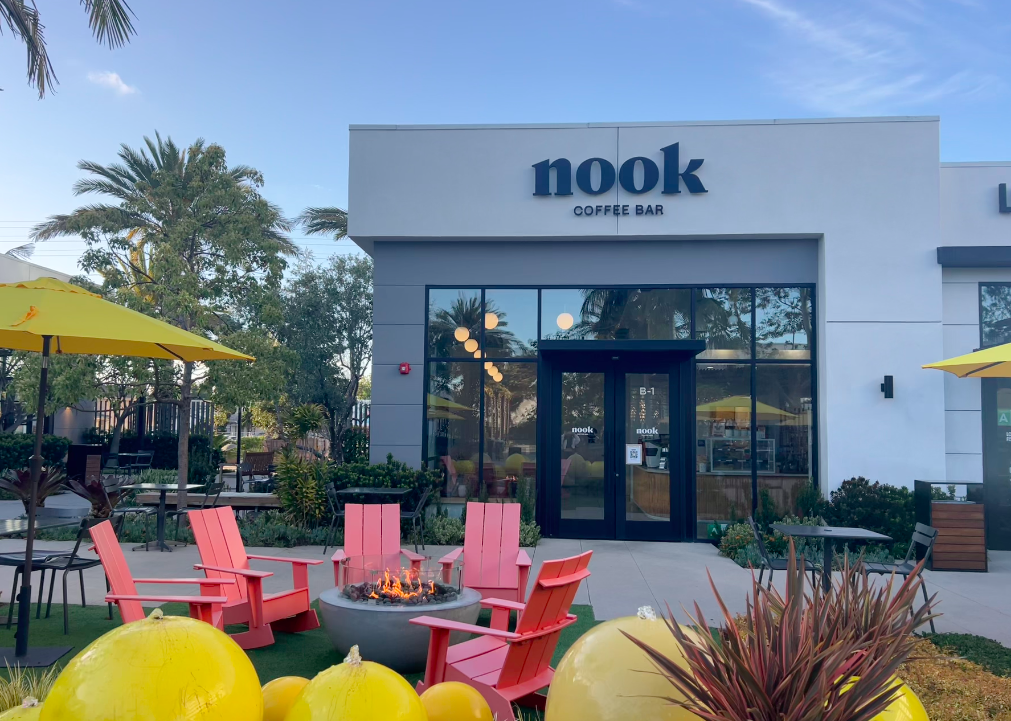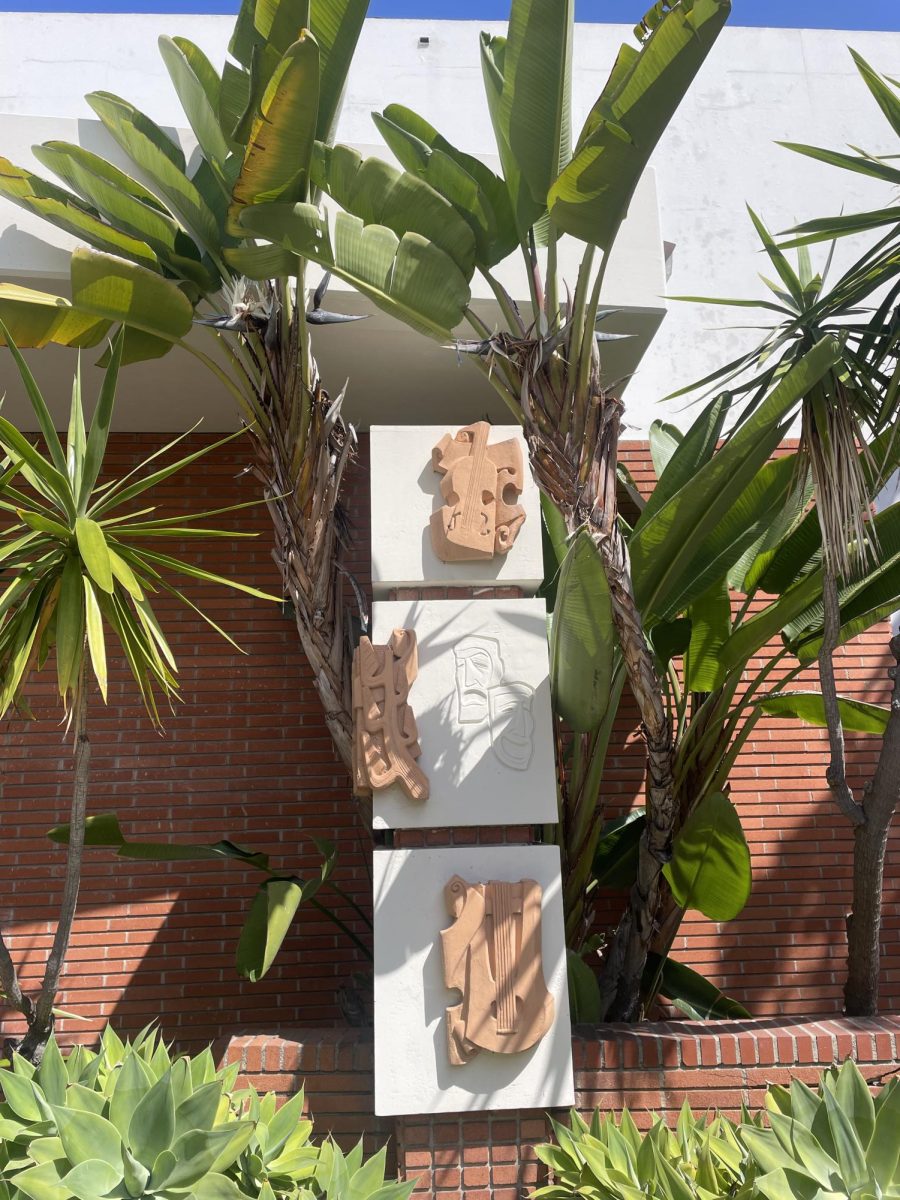She spent nights in Czech pubs listening to stories of life under communist rule and hearing what people did to mentally survive.
Hearing the experiences of those behind the Iron Curtain.
Seeing people standing in lines just for a cucumber or banana and food shortages.
Understanding how different their lives were from her own.
Advertisements and billboards were increasing in popularity and new products such as M&Ms and chocolate chip cookies were unfamiliar to those living in this country.
She saw the joy people had at the promise of new possibilities in a rapidly changing country.
This was the changing economy and society of the Czech Republic observed from an outside source—someone who wasn’t like them.
Someone who was fascinated with what she was seeing and knew that this was an important moment in history that was meant to be documented. She would be the one to record history.
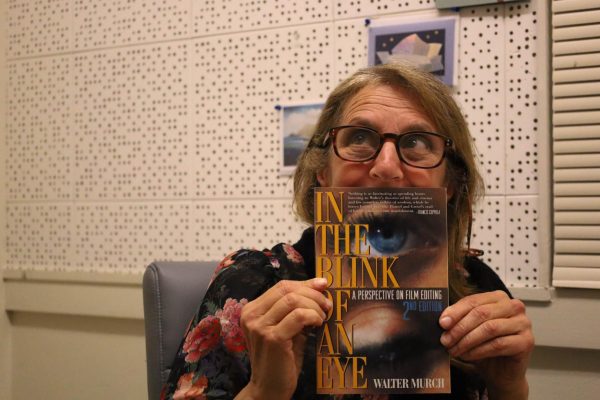
She took photos of Prague, paying close attention to communist rule, which influenced every aspect of these people’s lives. She tracked the changes and saw the shape of people’s lives change.
Today, Laura Almo is a film professor at El Camino College, celebrating 10 years this fall full-time at the college after starting as an adjunct in 2005.
Before becoming a full-time professor, she taught workshops at the Sundance Institute, hitchhiked in Europe, photographed Romanian gypsies, and lived in Prague.
Living abroad gave rise to Almo’s love for documentary film and helped her make her own productions.
She lived in Prague after graduating from UC Berkeley in 1990 with her bachelor’s in peace and conflict studies and a minor in geography and later received her master’s in documentary film production in 1998.
Almo taught English and worked for an English-language newspaper called “Prognosis” as a freelancer in Prague.
“I was just fascinated with everything that was going on around me. And I thought, you know if you have a certain perspective, you want to be able to share that with others,” she said.
In Prague, she saw people and culture that she had never seen before.
“I remember being out there in the countryside in, it was still Czechoslovakia, then I believe, and you know taking pictures of some of these Romanian gypsies, and like [being] really interested in what their life was all about,” she said, “And that’s what really got me excited about film, was that I was really interested in pursuing documentary film.”
After living in Prague, she hitchhiked around Europe from 1991 to 1992, witnessing people’s daily lives as they tried to get by and survive in a rapidly changing country.
At that point, she was wondering what to do with her career and decided to apply to graduate school to study documentary film production.
“And you know people had warned me and said, it’s really hard to sustain a living as a documentary filmmaker, and it’s gonna be really hard,” Almo said. “People always give that kind of advice. And then you say, yeah, but I want to do it anyway.”
Almo has always loved to write and turned this into something she could make a living doing.
It started when she wanted to go to a film festival called Cinema Du Reel in Paris in 2001 and needed to figure out a way to attend and also be involved.
She knew the editor of Documentary Magazine and asked if she could cover the festival.
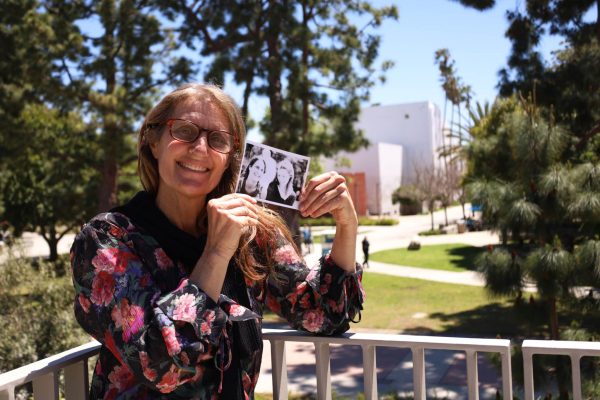
“They said yeah and then I just kept writing for them. And it was really like, also quite an education,” she said. “Because I would talk with a lot of filmmakers, I would write stories about films, I would write stories about filmmakers, about film festivals, about making films in dangerous places and all these different things.”
Almo began writing for “CineMontage” as well but is now focused on writing about the editing process. This included profiling editors and writing about sound design for films including interviewing the re-recording artists for “World War Z” starring Brad Pitt.
In the workshop that she led at Sundance for three consecutive summers called “Reel Stories,” Almo taught high school students different documentary styles and helped them create their own documentaries.
She was also a consultant for the documentary film program.
Almo admires Sundance’s values and uses them in her own classes to create a safe learning environment where students aren’t afraid to take risks.
“One of the guiding principles of Sundance is to make it a place where it’s safe to fail, to take risks,” she said. “Sundance is always nurturing filmmakers and trying to encourage people to make the best film that they can, and you’re not going to be able to do that if you don’t take some kind of risk.”
Almo understands that risk means different things to different people, whether they’re afraid to go to a war zone or to speak out in front of a class.
Izabela Dorosieva, a previous student of Almo is proof of the lasting impact that Almo leaves her students.
“She’s the whole reason I actually pursued film,” Dorosieva said.
Dorosieva was an international student from Bulgaria when she came to El Camino in 2014.
She took one of Almo’s classes and was worried that the film department wasn’t for her. The first assignment was to name a favorite movie, and Dorosieva didn’t know any of the films the students put as their answer.
She sat in class and questioned every decision she made before arriving at her current position.
“And I don’t know why, but she made me feel so comfortable to approach her at the end of class because she was so incredibly nice to all of us. And I did,” she said.
Dorosieva said that what Almo said to her afterward changed the course of her life.
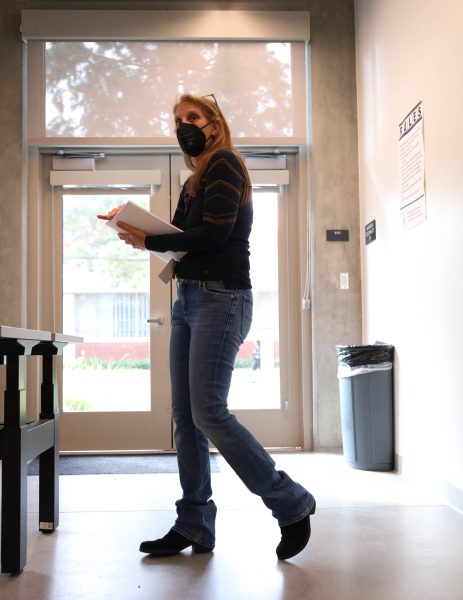
“And she said, ‘Just because somebody knows more than you, doesn’t mean that they’re going to be better at this than you,’” Dorosieva recalled.
She said that Almo’s words and kindness stopped her from making the bad decision of switching majors.
The two still keep in touch. She graduated from El Camino in 2017 and is now working to become a teacher, something that Almo inspired her to pursue.
“I think she’s a person that I will be reaching out [to] probably for the rest of my life,” she said, “It’s that kind of relationship.”
Another former student, Dahlia Pacheco, said she has also experienced mentorship and guidance from Almo.
Pacheco was a student at El Camino College in 2019 and said Almo’s classes helped her see that majoring in film was possible.
Almo helped Pacheco get an internship at CSUN by writing her a letter of recommendation for the Television Academy Foundation.
When sending off her letter of recommendation, Pacheco was doubtful that she wouldn’t get selected.
Almo told her to believe in herself.
Pacheco eventually earned the internship.
She was a student of Almo when the pandemic hit and she said that Almo still made the online class experience memorable.
“She’s very charismatic and even on Zoom when Covid hit,” she said. “She was always engaging, trying to get us to, you know, get the conversation flowing.”
Both Dorosieva and Pacheco said that the film department offered them such an impactful learning experience on the community college level that they didn’t expect from El Camino College.
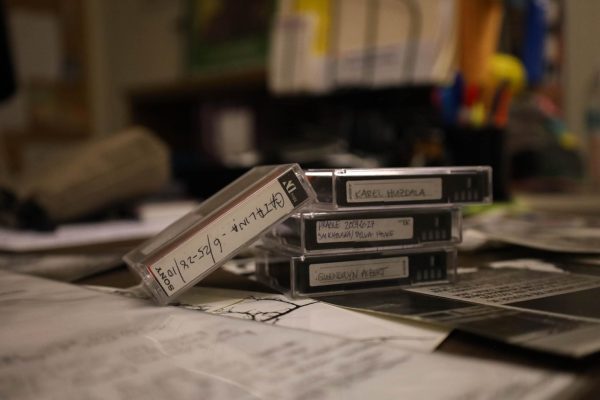
“It was because of her that I got a very solid training, going to university. I was on a level that I did not expect to be coming out of community college,” Dorosieva said.
Pacheco agrees with the level of training and preparation Almo provided her students.
“There’s that taboo or the kind of idea that community colleges don’t live up to the standards of big film programs. So that is not the case at all,” she said.
Associate Dean of Fine Arts Walter Cox said the film department will only get better with the new Arts Complex.
“It’s always been one of our strongest departments,” he said.
The film department now has post-production labs and a lighting studio in the Arts Complex, which El Camino didn’t have until last fall.
“There’s been a lot of change, but I think the change is definitely for the good,” he said.
According to El Camino College’s enrollment trends dashboard, the course fill rate for spring 2024 is 65.3%, an 11.8% increase from spring 2021, when it was 58.4%.
One of the classes Almo teaches at El Camino is an editing class, which is a production course in the film department.
Almo said it teaches students the art and craft of editing.
She has also worked on an El Camino podcast before the pandemic called “Dispatches from El Camino,” which was a collection of personal stories.
During the pandemic, Almo had her students create films called “COVID Silver Linings,” which were about the positive aspects of the pandemic. Students posted the films on YouTube.
She said these projects captured an amazing moment in time, as they were personal documentaries that each student created to remember this historic time.
Nonfiction films and nonfiction stories are something that she holds close to her heart.
“Some of the stories that you find with nonfiction are even more interesting than some of the things that you might find with fiction,” she said.
Almo has always taken a liking to film.
“When I was a little kid, I always wanted to work for National Geographic, and I wanted to go and make the films and do the writing and do all this stuff,” she said.
Almo primarily has a background in documentary film. She went on sabbatical during the 2022-2023 academic year and spent her time at the Columbia Journalism School in New York. She was working on a master’s in science journalism with a focus on neuroscience, the brain, and neurodiversity.
A documentary film in particular that inspired her is “Night and Fog,” a 1956 film about the horrors of Nazi concentration camps.
The film has what Almo said are beautiful, quiet images of Auschwitz with narration in the background from survivors of the concentration camps recollecting what horrors they went through.
“In that film, it’s like, I couldn’t believe what I was seeing and what I was hearing and juxtaposing these really beautiful images with this awful archival footage,” she said.
Almo also has a few personal projects she is working on, including one about a woman she met during her time in Prague.
She taught English to doctors in a hospital in Thomayerova from 1991 to 1992 and became good friends with a doctor named Sylva. She has been tracking her life for 20 years now.
Almo went back to visit her in 2000 and then in 2009 to see her in various stages in her life including where she now lives in London and works as an anesthesiologist.
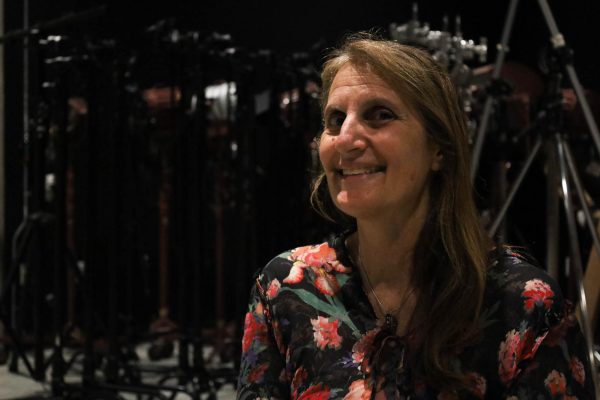
She witnessed firsthand what happened to a country under communist rule for a long period of time.
“I’m really interested in the psychological change that takes place in people when they have been living one way and then they’re given these freedoms and how their lives change,” she said.
Almo was interested in the Soviet Union and Russia because, as a child, she was told that the Eastern Bloc was the enemy.
“And I was like, but that’s not really true. I wanted to know these people in a personal way. And that was one of the reasons that I really wanted to go somewhere in the Eastern Bloc, to meet the people and to talk to the people there,” she said.
Almo believes that documenting someone’s life like this can have an impact.
“It’s a way to look at a country and how it changed but look at it in a very individual and specific and personal way,” she said.
Outside of being a professor, Almo is busy taking care of her 17-year-old son, Sam, and her elderly father.
She enjoys learning from people who are different from her and understanding what makes people thrive. Film and the work that she does serves a greater human purpose.
“You know, if you’ve got that emotion, it’s got the power to [make] people feel a situation, or feel something that you might not otherwise,” she said.
Professor Almo’s Current Classes
Film 121- Audio Production
Film 153- American Independent Cinema
Film 236- Editing


